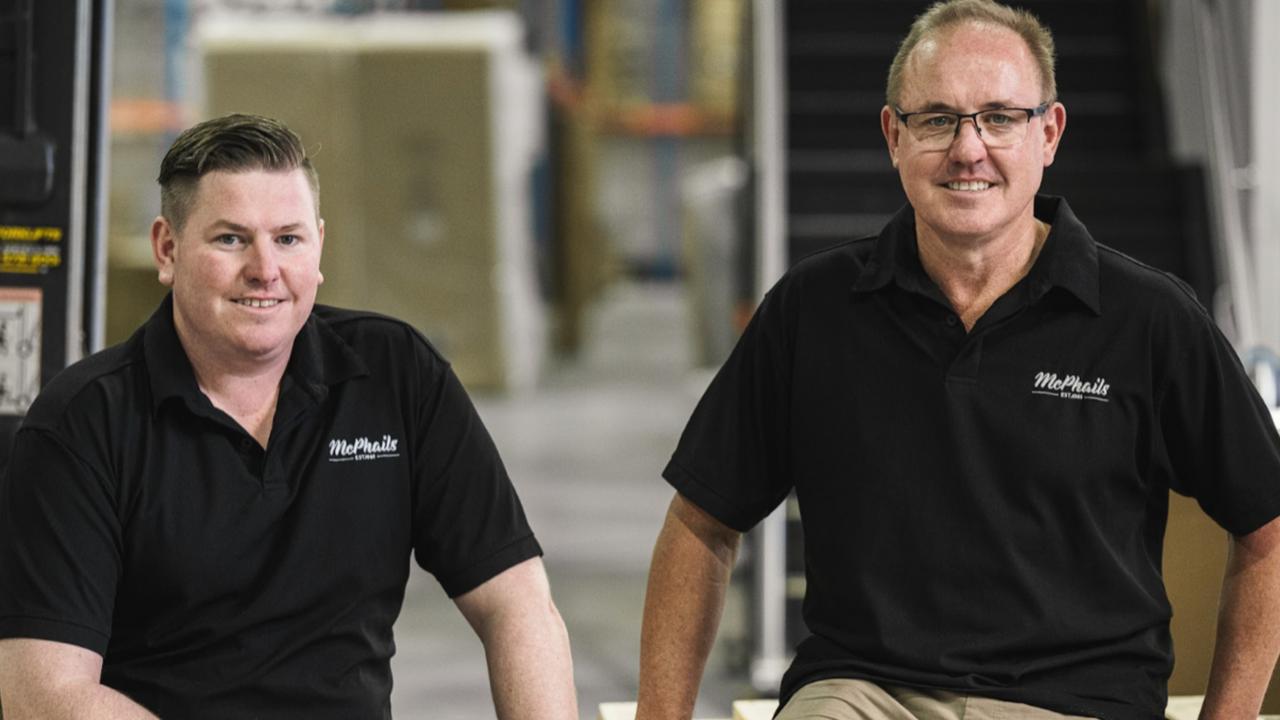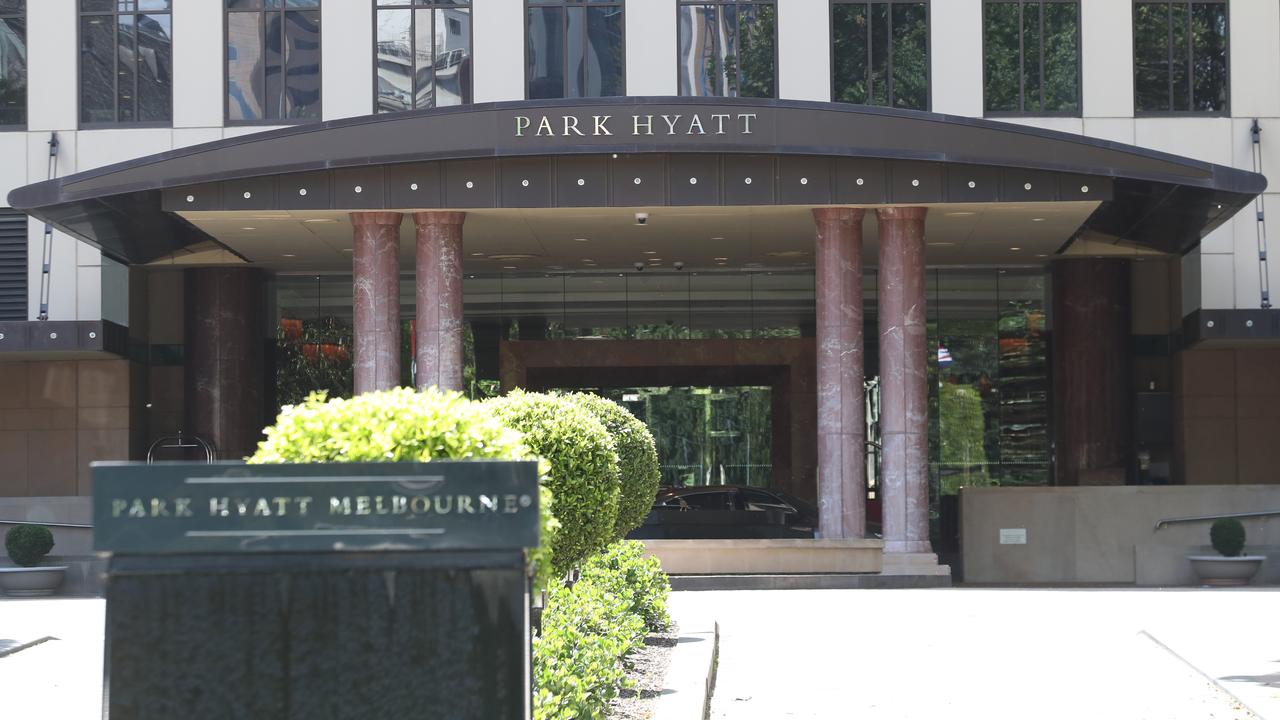
Sims said in a statement: “Google’s decision to complete its acquisition of Fitbit before we completed our merger review means we are now conducting an enforcement investigation. As a result, and depending on the results of our investigation, we will consider whether to take legal action on this matter.”
Tough words but if nothing happens Google will have exposed a weakness in Sims’ armoury which opens the door for others to follow suit.
The reality is after the European Commission accepted undertakings last year from Google on the 2019 deal there is little the ACCC can do about it.
The US Justice Department has its own matters in train against Google and the US FTC has a divestment case against Facebook and these matters are designed to take precedence.
Still, Clifford Chance partner David Poddar said: “Google’s disregard for ACCC concerns shows the federal government was right in imposing an enforceable media bargaining code on Google because it has made clear it would not have accepted the code voluntarily.”
US Democrat Amy Klobuchar from Minnesota said the decision to proceed with the deal was “yet another sign of the company’s troubling lack of concern for complying with antitrust law”.
She noted the decision to close the deal this week came ahead of the change in administration in Washington.
Google said in a statement: “We have voluntarily engaged with the ACCC since the transaction was announced in November 2019 and we remain willing to continue engagement during their ongoing investigation.
“We’re confident this deal is pro-competitive and will result in greater choices and benefits for consumers, both globally and in Australia.”
The ACCC last year dropped merger investigations into Facebook’s acquisition of Giphy and also has the matter before its enforcement team.
This has the benefit of removing the matter from the ACCC public register which deletes an embarrassing advertisement of its lack of power over the platform behemoths.
Federal Treasurer Josh Frydenberg this week cautioned Google to start negotiating with media companies for the use of their content rather than testing algorithmic changes to drop Australian content.
Closure of the Fitbit deal in the face of stated ACCC concerns over the deal shows Google didn’t take a lot of notice of Frydenberg’s words.
Companies normally would wait until the ACCC cleared a deal before proceeding to close the transaction but the ACCC now needs to get Federal Court backing to block the deal or try to unwind it before the court at a later stage.
It is unlikely the ACCC will test its luck unless the US Justice Department makes a move in the US.
From Google’s perspective the deal was unveiled some 14 months ago so by now the regulators have had plenty of time to look at the issues.
“This deal has always been about devices, not data, and we’ve been clear since the beginning that we will protect Fitbit users’ privacy,” Rick Osterloh, Google’s senior vice president for devices and services, told The Wall Street Journal.
The ACCC is yet to be convinced of this on the basis of Google’s past behaviour.
Politically the platforms are on the nose so they are an easy can to kick.
Separately, Frydenberg and Communications Minister Paul Fletcher are expected in the next fortnight to release the ACCC draft report on the adtech market which will show how Google exploits its data dominance to control the digital advertising market.
Publishing clear evidence of this abuse of market power will help support later legal action but ultimately victories in court seem the only way in which the digital platform power can be kept in check.
This explains why the FTC is taking action against Facebook, seeking to unwind the 2012 acquisition of Instagram and 2014 acquisition of WhatsApp.
The ACCC’s information-gathering powers have proved helpful in bolstering the campaign against the digital platforms but ultimately its power comes from its ability to force a change in company behaviour.
Court action or the threat of action sometimes helps but Google has made clear by its latest behaviour that such threats don’t worry the behemoth.
Clean and green
Vulcan Energy is aiming to become the world’s first zero-carbon lithium producer by producing a battery-quality lithium hydroxide chemical product from its combined geothermal and lithium resource in the upper Rhine Valley of Germany.
After a delay the ASX released its latest market reading and the bourse liked what it saw, with the stock price up 29 per cent at $6.44 or some 28 times year-ago levels for the company, which now has a market value of $550mn.
The combined geothermal and lithium mine means higher capital costs, with $1.1bn in capex, but according to Friday’s statement the end result is battery-grade lithium at $US3142 a tonne against $US6885 a tonne for conventional lithium.
The zero-carbon producer’s production cost compares with the present market price of around $US10,000 a tonne for battery-grade lithium.
Bigger and better
BlackRock has just reported a 19 per cent increase in quarterly profit to $1.9bn, noting its funds under management (FUM) stands at $11.3 trillion.
To put this in context, its FUM is around 47 per cent of US GDP at $24 trillion and 5.4 times the $2.1 trillion Australian GDP and the combined market capitalisation of ASX listed companies of around $2 trillion.
Australia’s biggest fund manager, AustralianSuper, has just over $200bn under management.
Merger concern
Late last month the big three Australian payment systems BPay, Eftpos and NPP announced their expected merger, with the aim of providing an open, simpler platform to compete better with Visa and MasterCard.
The merger will be subject to ACCC approval later this year with the formal merger application due to be lodged in March and a final decision three months later on public benefit grounds.
Given the merger consolidated the power of the big banks and supermarket giants, small business remains to be convinced of the merits of the deal, given they are already hit with about $650 in fees for every $100,000 in transactions. Offshore evidence suggests fees will rise.








Digital platform giant Google has thumbed its nose at ACCC boss Rod Sims and potentially undermined its power by proceeding with its $US2.1bn ($2.7bn) Fitbit acquisition despite ACCC and US Justice Department’s stated concerns about the deal.